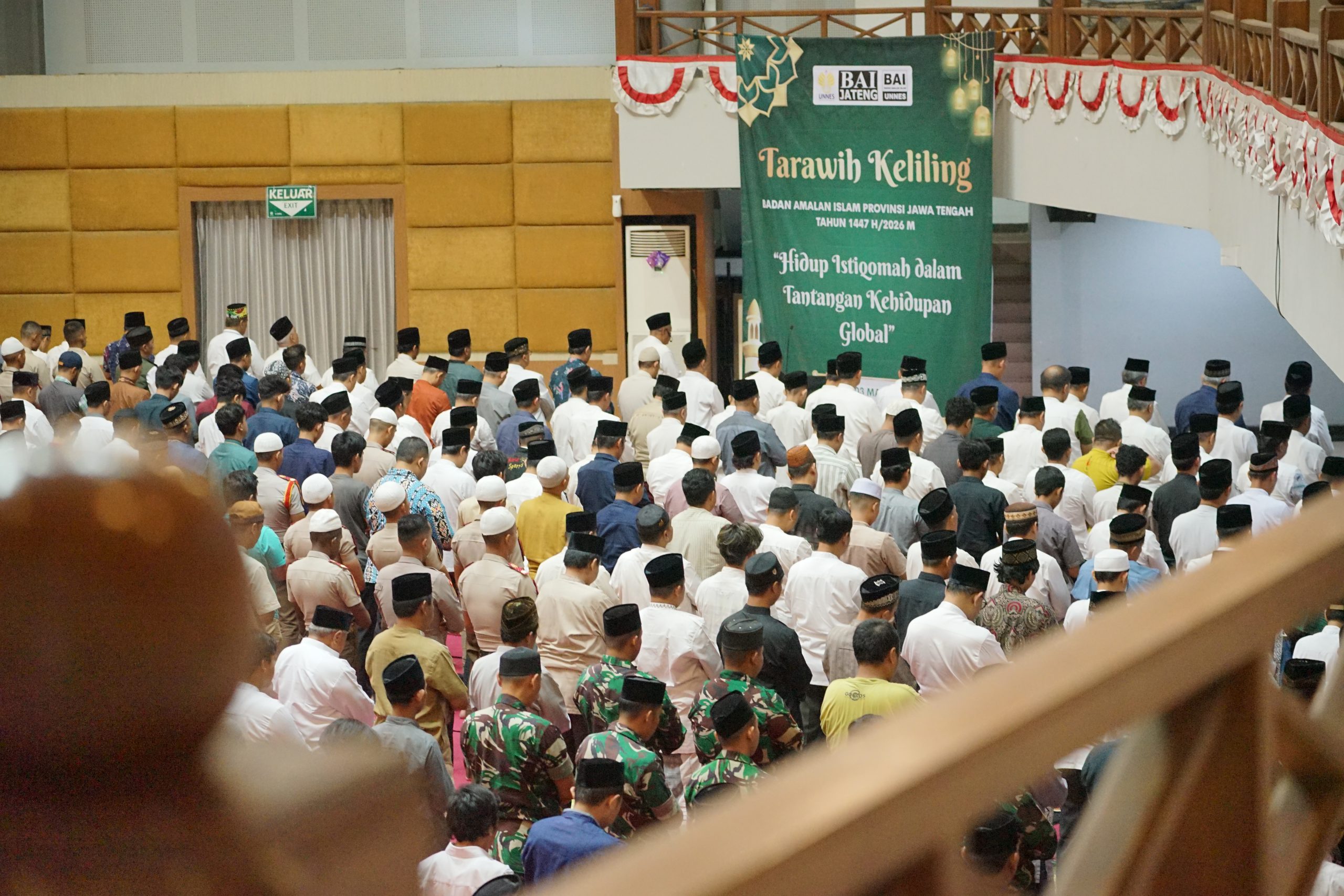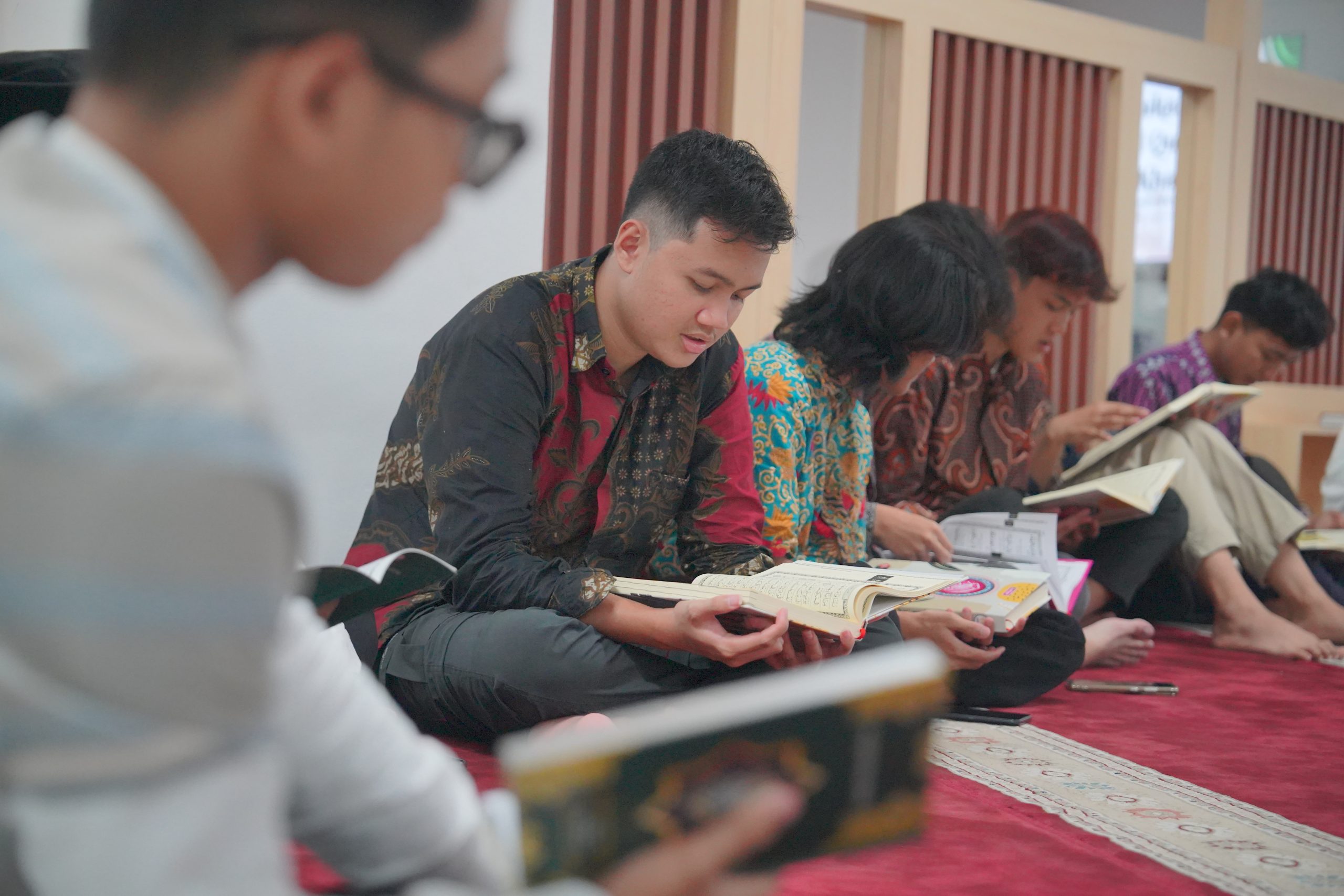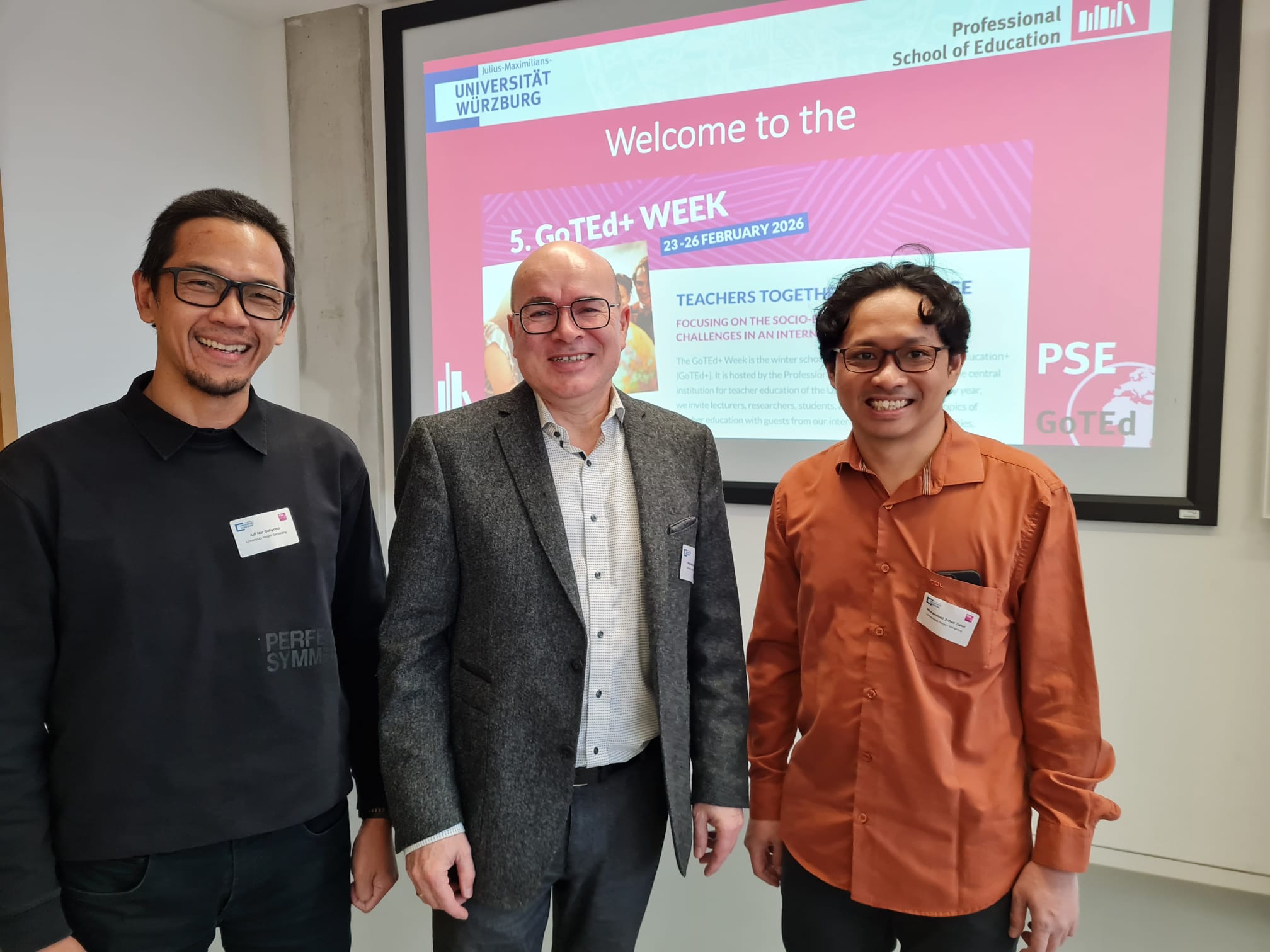Korupsi merupakan permasalahan laten yang seolah menjadi hal biasa di negeri ini. Tindakan tercela ini merupakan permasalah mendesak yang menuntut penyelesaian secepatnya.
Berbagai catatan tentang korupsi yang setiap hari diberitakan oleh media massa, menjelaskan adanya peningkatan dan pengembangan model-model korupsi. Retorika anti korupsi tidak cukup ampuh untuk memberhentikan praktik tercela ini.
Sehingga perlu adanya forum yang secara khusus mengedukasi masyarakat, berkaitan dengan beragam model korupsi dan upaya pencegahannya.
Hal tersebutlah yang menjadi latar belakang penyelenggaraan Seminar Anti Korupsi oleh Pusat Kajian Anti Korupsi Fakultas Hukum (FH) Universitas Negeri Semarang (UNNES) pada Jumat (7/12).
Seminar yang bertempat di Gedung Dekanat Fakultas Hukum ini, mengangkat tema ‘Risalah Sakti Kebenaran Hakiki, Potret Pejuang Anti Korupsi’.
Hadir sebagai narasumber, Mantan Ketua Komisi Pemberantasan Korupsi (KPK) Antasari Azhar.
Dalam pemaparannya, Antasari mengajak peserta seminar untuk menghindari perilaku dan sikap permisif yang berujung pada tindakan korupsi.
“Karakter permisif akan membuka peluang seseorang atau kelompok untuk melakukan korupsi, perilaku ini adalah bagian dari embrio korupsi. Perlu adanya sebuah model pendidikan guna mencegah tindakan semacam ini ,” jelas Antasari didepan ratusan peserta seminar.
Pendidikan Anti Korupsi dan Menjauhi Karakter Permisif
Menurutnya, pendidikan anti korupsi merupakan salah satu langkah awal menangkal karakter permisif. Pendidikan ini dapat dimulai sedari dini, seperti dengan tidak memberikan upah kepada anak kecil saat disuruh membelikan sesuatu di warung.
Tindakan tercela ini, imbuhnya, timbul lantaran adanya sikap permisif yang tumbuh secara sosial maupun struktural, mulai dari kehidupan bermasyarakat, berbangsa, serta bernegara.
“Ada contoh paling mudah dari karakter permisif, yakni seorang pimpinan proyek. Ketika pimpinan proyek memiliki kelebihan anggaran, kemudian pimpinan itu piawai serta pandai dalam mengelola anggaran, sehingga anggaran menjadi berlebih,” jelasnya.
Dengan perkembangan teknologi dan informasi yang ada saat ini, Antasari Azhar berharap masyarakat dapat dengan mudah mengetahui beragam modus kasus korupsi.
Antasari Azhar mengimbau agar para pelajar, mahasiswa, hingga beragam elemen masyarakat dapat menjauhi karakter permisif guna memberantas bahaya laten korupsi.



